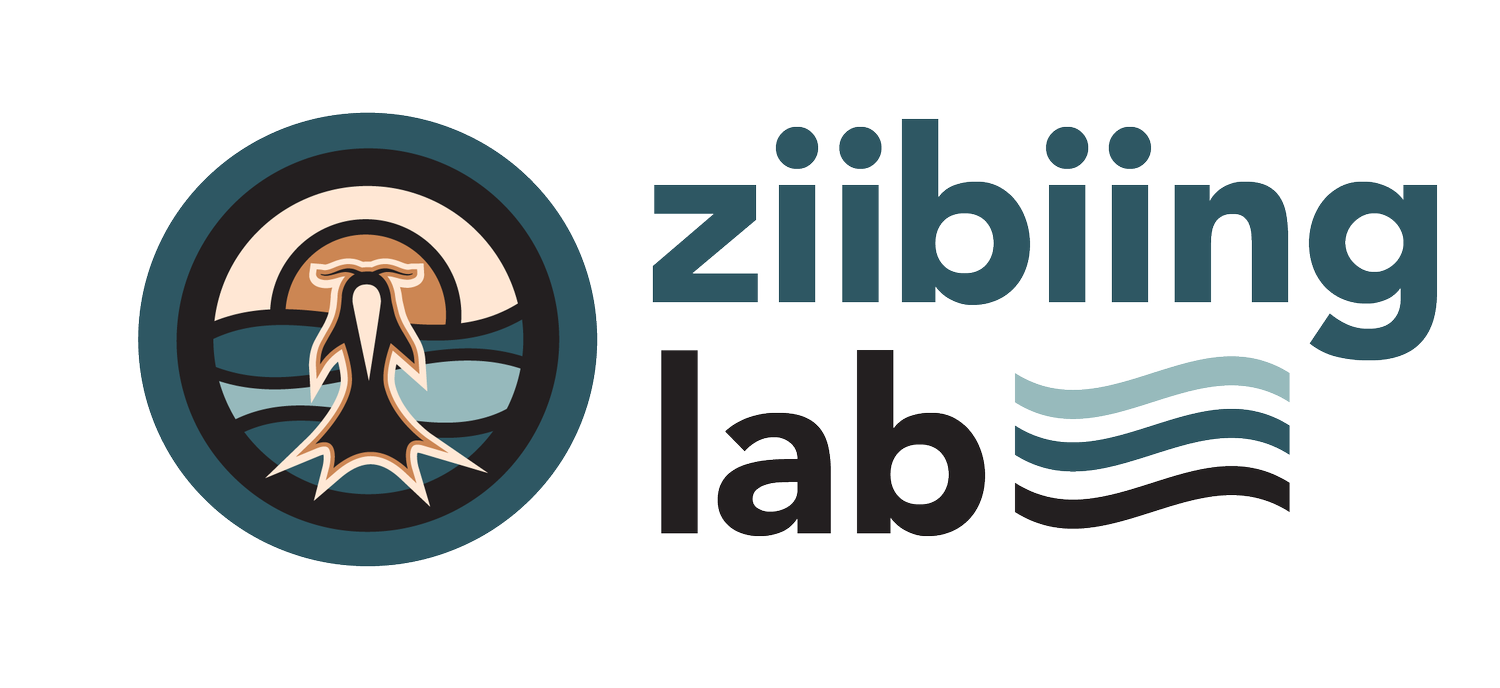Ziibiing Lab: Professor Uahikea Maile introduces us to U of T’s newest hub of Indigenous research and collaboration
By Jennifer O’Reilly
Jennifer O’Reilly (JO): Tell us about the Indigenous Politics Collaboratory and how and why it came to be. What was your vision?
Uahikea Maile (UM): Ziibiing Lab is the official name, proposed and chosen by the Governing Council, for the Indigenous Politics Collaboratory. There are a few important things to note about the name. “Ziibiing” is the Anishinaabemowin word that specifically refers to the waterway in Toronto known as Taddle Creek. In the late 19th century, the river, flowing from north to south toward Lake Ontario, was dammed to create McCaul’s Pond for a recreational site next to University College. Later, it was encased underground during the city’s urbanization as part of the sewage system. Ziibiing has been considered lost to modern settlement and development, but its waters return and flow through the university, reminding us of an enduring and irrepressible presence. Additionally, “ziibiing” generally refers to being at or near a river. Taken together, Ziibiing Lab’s goal is to relate, remember, and reciprocate to the river as we work near it. Like Indigenous peoples, politics, and power, Ziibiing has not disappeared, but continues to rise and resurface. Our vision is to reproduce such a defiant resurgence in our research.
JO: What is the primary purpose of Ziibiing Lab and what are you anticipating for future research?
UM: Ziibiing Lab is an international Indigenous politics collaboratory, which takes seriously the global and transnational nature of Indigenous politics through a collaborative approach to both governance and research. What makes the lab unique is its international scope and collaborative focus. We pursue critical research concerning Indigenous politics, policy, and praxis in Canada and internationally. For instance, Dr. Sardana Nikolaeva, the inaugural postdoctoral fellow in Ziibiing Lab, is crafting a new report about arctic Indigenous politics in the Sakha Republic in relation to the international political economy of diamonds extracted from that region of the Russian Federation. This research is just one of many projects developing in the Research Council. As an interdisciplinary hub for collaboration, the Research Council is a tri-campus group of professors, graduate students, and community members working on Indigenous politics across U of T’s three campuses. The objective of the Research Council to design and execute international Indigenous politics research is guided and supported by the lab’s Governing Council. Led by Indigenous professors in the Faculty of Arts & Science—from Political Science, Indigenous Studies, History, Geography, English, Religion, and Women and Gender Studies—the Governing Council collectively deliberates and determines the direction, strategy, and operation of Ziibiing Lab. The collaboratory is revolutionizing how social science research labs engineer and perform collaborative research.
Photos by Diana Tyszko. Background watercolour entitled “University College in 1876” by Lucius O’Brien showing McCaul’s Pond on Taddle Creek with University College in the background, courtesy of University of Toronto Archives.

